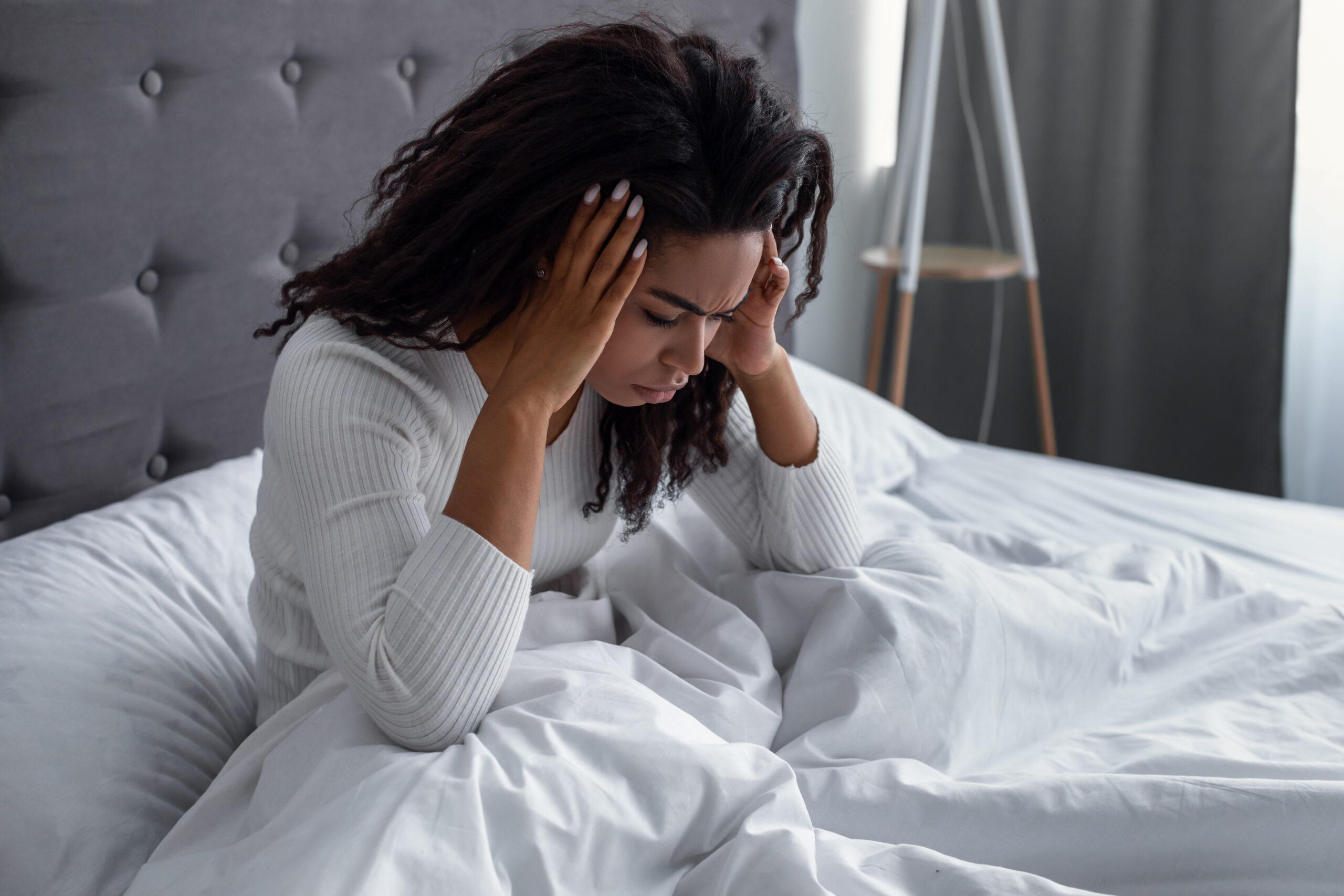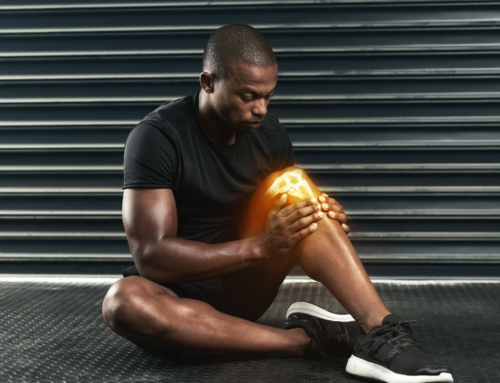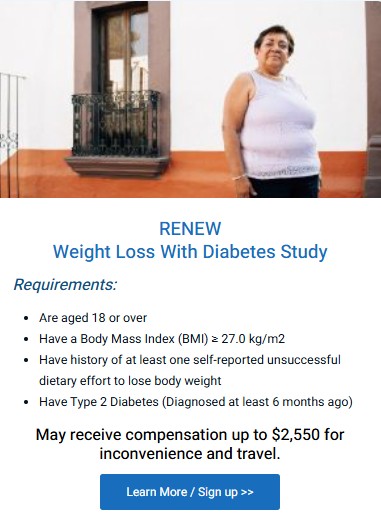
Tips for dealing with the 8 most usual migraine causes
The unexpected onset of a migraine means a dark room, bed and a cool towel for most of us. While these seem to come out of nowhere, many will find that there are usually some signs that a migraine headache attack is on its way. These indicators can disclose a pattern in your signs and symptoms. They also provide you with preventative tools for handling migraines. There are a couple of common culprits that impact a multitude of people coping with migraine headaches.
When you can determine your triggers, you are one step closer to properly managing your migraine and staying clear of future attacks. Here are 8 tips for people dealing with the 8 most usual migraine causes.
1. Stress
Probably the largest culprit of all, stress is a cause for practically 70% of individuals with migraine headaches. One study uncovered that 50-70% of individuals had a substantial association between their daily stress level and their migraine activity. When you include the perpetual fear of when the next attack will strike, it can begin to seem like a nonstop, exhausting cycle.
Just how to cope: Begin by making a checklist of the things understood to trigger you unnecessary anxiety and tension, and then work in the direction of reducing these cause in your life. Biofeedback, relaxation treatment, reflection, workout, and keeping a regular bedtime schedule can be extremely helpful in managing stress and anxiety. These techniques will certainly not remove all tension from your life. Yet, they can change your body’s physiological response to anxiety. Therefore, it lowers the ability for stress to set off a migraine attack.
2. Modifications in or an irregular rest schedule
The link between migraine headache and rest is obvious. Sleep restores and repairs all parts of the body — including the brain — so it makes sense that when your rest schedule ends up being irregular, you are a lot more susceptible to migraine headache attacks. Something else to keep in mind when it pertains to sleep: Virtually half of all migraine headache attacks take place between 4:00 am and 9:00 am, putting people at a greater chance for creating a rest problem.
Exactly how to cope: Try to head to bed at the same time every night, and aim to access least 7-8 hrs of rest. Get rid of TV, texting, reading, and listening to music while in bed, and attempt your best not to nap during the day.
3. Hormones
Women are three times more likely to have migraine than men, and as much as 75% of ladies find that they experience attacks around the moment of their menstruation period. This is called “menstrual migraine,” occurring only throughout a women’s period due to the change in estrogen and progesterone levels.
Just how to cope: Besides changes in way of life and diet regimen, there are some methods of birth control that can stabilize hormone levels and protect against future migraines. Make certain to meet a headache expert and/or your gynecologist so you can discover the appropriate therapy plan.
4. Caffeine and Alcohol
Many individuals discover their migraine signs are heightened after consuming caffeine or alcohol. Conversely, other individuals say that a cup of coffee can stop their migraine symptoms. Some medications designed to fight migraine headache pain might contain a dosage of caffeine.
Just how to cope: Limit and know your limits when it pertains to alcohol usage. If you are experiencing the indication and symptoms of a migraine headache attack after consuming alcohol, take your acute (as needed) medication promptly.
5. Changes in the season
Storms, excessive warmth and changes in barometric pressure are common weather-related migraine headache causes that can cause a migraine headache attack. High moisture and heat can easily lead to dehydration, another typical trigger.
How to cope: We can not manipulate the weather, so if the current conditions are not favorable for your migraine, stay inside or adjust your schedule appropriately. If there’s an errand you really need to run and it’s the middle of July in Arizona, take care of it in the early morning prior to it gets too hot!
6. Diet
There’s a laundry list of foods understood to set off a migraine attack. The most common ones being foods which contain histamine and MSG, chocolate, cheese and various other dairy products.
Just how to deal: If you can determine particular food triggers, make certain to avoid them as much as possible. Many people also adopt a migraine diet that eliminates foods and ingredients known to set off a migraine headache.
7. Dehydration
About 1/3 of individuals with migraine state dehydration is a cause, and for some, even the smallest hint of dehydration can be the fast lane to debilitating head pain. Dehydration impacts the body on all levels and can cause lightheadedness, confusion, and can even become a medical emergency.
Just how to deal: Always carry a canteen and keep track of your liquid intake (everyday recommendation is two liters), and limit your intake of diuretics. Often a migraine attack can be stopped in its tracks by merely drinking a glass of water.
7. Light
For many migraine patients, natural light is the enemy. This condition is called Photophobia, and it is in fact one of the criteria utilized to diagnose migraine. Both natural, bright light and fluorescent or flickering bulbs are troublesome, making it hard to hang around outside or remain in a workplace environment.
Exactly how to deal: Putting on sunglasses is useful when you’re outside, and it’s a good idea to carry a pair with you at all times. When faced with artificial light, sit closer to windows and stay clear of flickering lights or sources of glare. Greenlight is the only band of light that has been discovered to not intensify migraine– finding bulbs that give off green light or sunglasses that disperse green light could be helpful.
Palm Beach Research is currently conducting clinical research trials for Migraines. Visit our website to see learn more about the migraine clinical study entails. You can always call us as we are located in West Palm Beach, Florida. Our phone number here is (561) 689-0606. We hope this article was helpful to you. Be well.
Related Posts
Subscribe to Hear About New Trials First
Subscribe to Hear About New Trials First
Subscribe to our newsletter by adding your email and keep up to date with the new studies we are offering as well as study results and more.








